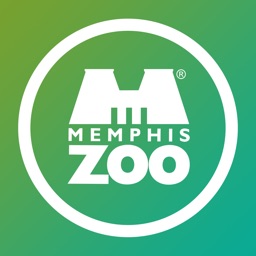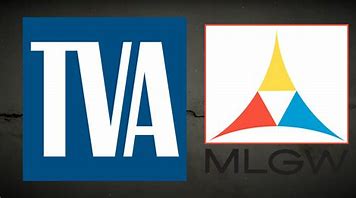The last blog post, Unequal Treatment of Overton Park, highlighted the disparate treatment by City of Memphis between Memphis Zoo and Overton Park as demonstrated in the stark difference in funding support.
That post reported that:
- From 2010 – 2021, Overton Park received $1.8 million in City of Memphis funding.
- During that same period of time, the Zoo received $33,341,598 from the City of Memphis operating budget and $3 million in capital improvements program funding.
While the disparity is dramatic, the blog post did not include all funding.
A reader asked about the $5 million in City of Memphis funding for the Zambezi River Hippo Camp exhibit, but that amount had not shown up in the Zoo line item in city annual budgets.
It was found in city contracts, because City of Memphis treated it as a major maintenance project cited in the agreement between Memphis Zoological Society and City of Memphis. As a result, it was not included the cumulative totals shown above from the last blog post.
Because the $5 million was obscured within a City Hall contract rather than being reflected in budgets that are released to the public. While it would be a good way to hide the payment, I’m not suggesting that. After all, the $5 million in funding was reported in the news media at the time of City Hall approval and again when the exhibit opened.
Routine and regular maintenance problems which are the responsibilities of city government in the agreement with the zoo are apparently funded from the yearly $250,000 maintenance appropriations. In the past 11 years, the city’s maintenance responsibility includes roofing for the birdhouse and aquarium buildings, boiler replacement in the Herpetarium Building, restroom renovations, extension of “Once Upon a Farm” exhibit, a chiller, painting, new Cat Country gas line, HVAC in administration area, and more.
Beyond that, the agreement states that the yearly maintenance appropriation does not include “maintenance, repair or replacement” that is handled by the City of Memphis Division of General Services. It’s another way Memphis financially supports the zoo, but there’s no breakdown easily available of these zoo costs absorbed by City of Memphis. Hopefully, Memphis City Council reviews them as part of its yearly budget process.
The city government-zoo agreement also calls for City of Memphis to pay sewer fees, property insurance, oil and gas for zoo vehicles, and repair, maintenance, and replacement of vehicles. There are reports that city government also pays the zoo’s utilities, but if that obligation exists, it’s not mentioned in the agreement.
The point of these blog posts is not to vilify the Memphis Zoo, but to suggest that Overton Park, through its Conservancy, deserves to receive strong support as well. After all, just like the Memphis Zoological Society, the Conservancy is a private nonprofit organization and it too operates and manages one of Memphis most valued assets.
It is unfortunate that both are not valued equally when it comes to city budgeting. Through its funding to the zoo, City of Memphis sees itself as a full partner in its success. Meanwhile, Overton Park receives benign neglect, receiving what is, in comparison to the zoo, crumbs off the table.
The public has voted – with its feet. Attendance at Overton Park equals, if not exceeds, attendance at the zoo. The funding comes from their tax dollars and it’s hard to imagine that given he option, they would not favor more support for the park.
***
Join us at the Smart City Memphis Facebook page for daily articles, reports, and commentaries relevant to Memphis.




